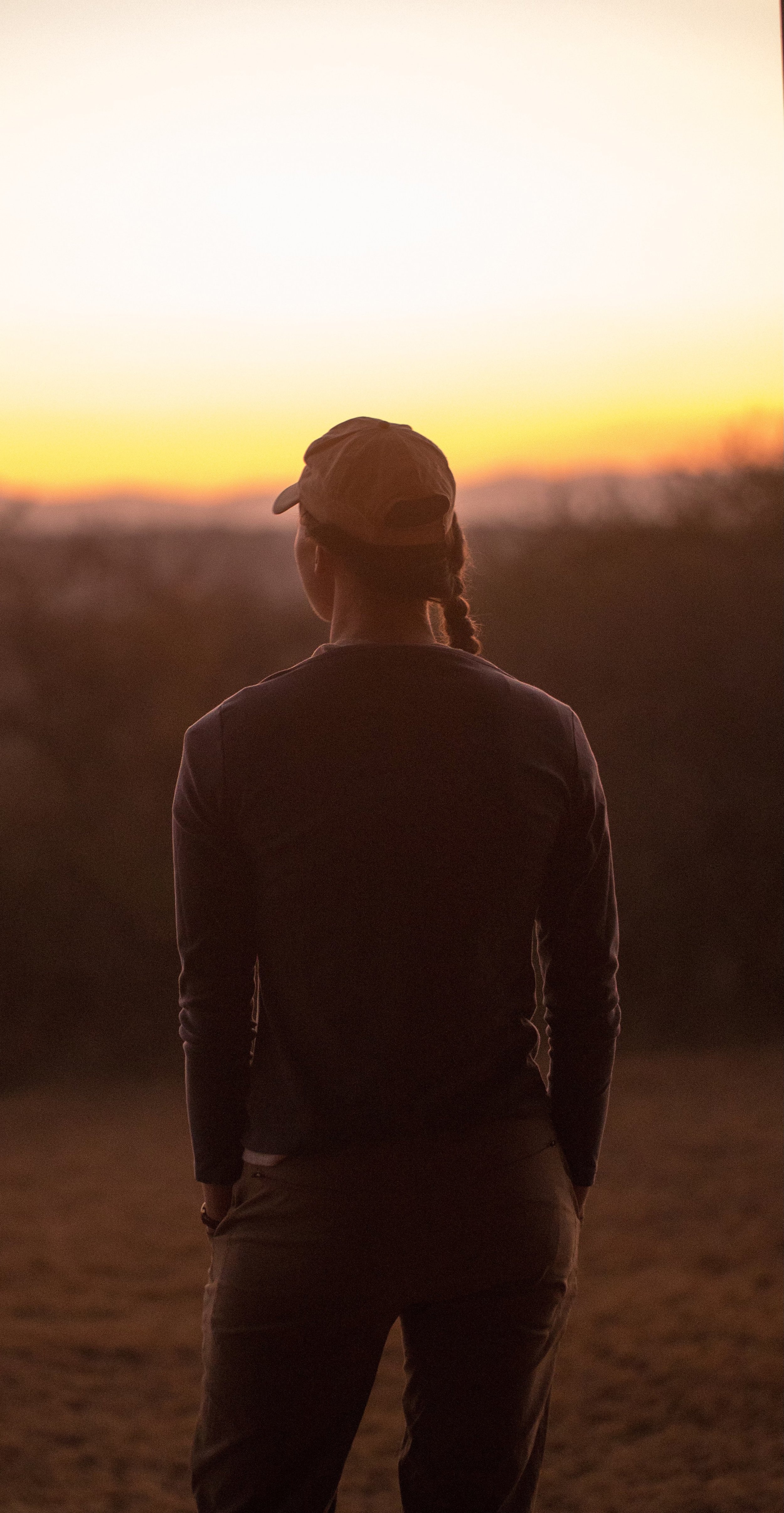
I am a biologist interested in how evolutionary forces shape animal societies and I have worked on this question from a number of different angles:
I am presently a postdoc at Purdue studying chimpanzees in Senegal because their remarkable behaviors (like regularly hunting with tools, digging wells, and forming highly cohesive communities) help us understand early hominid evolution.
My Master’s thesis at McGill focused on monkeys in the rainforests of Uganda to help understand primate societies. I discovered that female red colobus maintain egalitarianism through grooming reciprocity and favoritism towards older females and new-comers to the group.
I then stepped away from academia to intern at the UNEP in Montreal, teach English and yoga in Peru, and work at Wildlife Conservation Society Canada for two years.
My doctoral work at Princeton focused on understanding how evolutionary forces like predation and disease affect social behavior in another system: more specifically, how zebra groups in Kenya’s central plateau expand and contract to adapt to these forces. Subsequently, as a Jr. Fellow with the Simons Society of Fellows based at Hunter College in NYC, I studied lowland gorillas in the Congo to understand how they obtain the nutrients they need in the wild and how this may relate to their social evolution.
During pandemic lockdowns I turned to studying sexual selection in mammals using a literature-based approach. Along the way, my colleagues and I discovered that most mammals do not have larger males than females, contrary to popular belief.
Many forces shape animal societies simultaneously, which makes my work difficult but also endlessly interesting. Behavior is one of the most flexible tools that animals have to adapt to the constantly shifting world, and understanding how they do this collectively allows us to appreciate the genius of nature and our own diverse societies.
